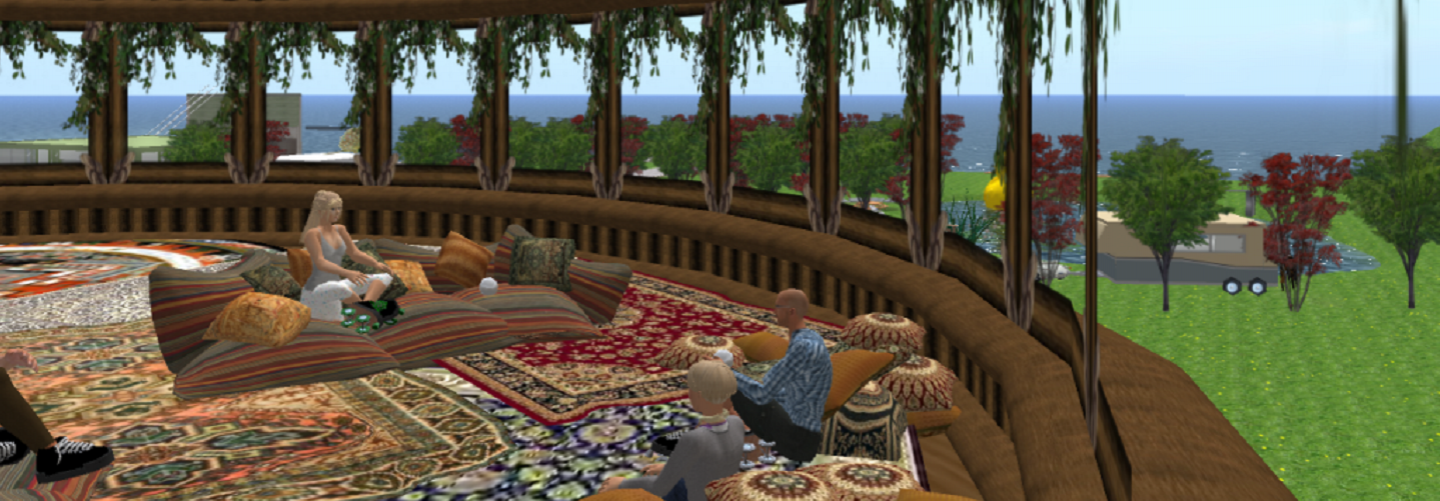By Mr Shamim Quadir (Senior Communications Officer), Published (Updated )
New study investigates the feasibility of an online, social support group intervention for people with language problems after stroke.
Aphasia is a complex disorder of language and communication caused by damage to the brain, usually following a stroke. People with aphasia may have difficulty speaking, reading, writing or understanding language.
About a third of people who have a stroke are affected, and there are over 350,000 people in the UK living with aphasia. Many will experience social isolation, reduced wellbeing and poor quality of life as a result of the condition.
EVA Park is a multi-user virtual world which enables people with aphasia to interact in a variety of virtual locations, giving them the opportunity to practise functional and social conversations and gain confidence.
Examples include everyday conversations that most of us take for granted, such as ordering food in a restaurant, attending a health centre, or calling the police in an emergency.
The EVA Park project is a collaboration between City, University of London’s Division of Language and Communication Science (LCS) and its Centre for Human-Computer Interaction Design (HCID).
A new study from the project team investigated whether it is feasible to deliver group social support to people with aphasia via EVA Park.
The intervention aimed to promote the wellbeing and communicative success of the participants. It comprised 14 group sessions delivered over six months, led by community based co-ordinators and volunteers.
The main aim of the study was to determine whether this intervention was feasible in EVA Park. This was assessed by seeing whether participants were willing to join the study and whether they completed the intervention. Treatment fidelity was also examined, measuring the degree to which the intervention was delivered as intended.
The study also explored the effects of the intervention, using outcome measures of wellbeing, communication, social connectedness and quality of life, and the financial cost of delivering the intervention.
Thirty four people with aphasia took part in the study which followed a waitlist, randomised controlled design. This enabled the researchers to see whether scores on the outcome measures improved after participants had completed the EVA Park support groups.
The feasibility findings of the study showed that the recruitment target was fully met, and 85% of participants completed intervention. All groups ran the 14 sessions as planned, and participants attended an average (mean) of 11.4 sessions which was 82% of the intended dose.
No significant change was observed on any of the outcome measures. However, this was a small study, meaning that the power to detect change was low. The cost of delivering the intervention varied across each of the four groups from between approximately £7,500 to 12,500.
The authors suggest that the findings of the study merit a larger trial of remote group support, using the EVA Park platform. However, they also suggest that the treatment content and regime, and the selection of outcome measures should be reviewed before conducting the trial.
Jane Marshall, Professor of Aphasiology at City, University of London led the study, and said:
The study was published in the journal PLOS One.
Find out more about the EVA Park project
Visit the EVA Park website
Follow @EVAphasia on Twitter
